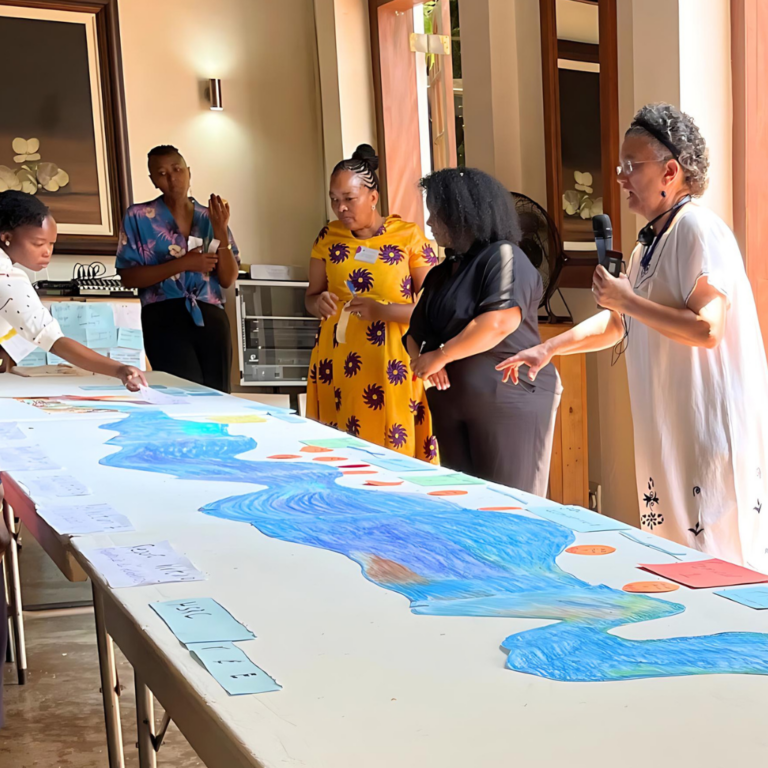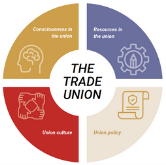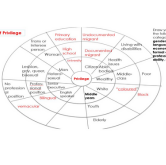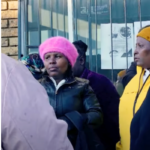LRS Facilitation Exercises
Home / LRS Facilitation Exercises
Resources for facilitators and trainers
Exercises and games activate our senses and increase creative learning of new concepts and understanding of ideas.
Who is it for?
The facilitation exercises support trainers engaged in participatory education. The exercises encourage active involvement in critically analysing personal experiences and contexts, leading to appropriate strategies and action plans. Using creative methods that promote dialogue, open-ended questioning and community building, the exercises aim to deepen understanding of power dynamics and intersecting systemic inequalities.

Facilitation exercises

Trade unions and the struggle for gender justice
Reflection on our organisational policies and practices in relation to creating a gender-equitable trade union.

Bargaining with a gender equity lens
Strengthening our understanding and confidence in bargaining with a gender equity lens.

Women trade union leadership
Participants feel comfortable, supported and confident in participating in the workshop.

Women contributing to the economy
Women feel more confident in participating in political economy discussions.

Gender equity and social dialogue
Strengthen our understanding of social dialogue in creating gender equity.

The spiral model of popular education
Facilitates awareness and links personal experience to broader contexts.

The wheel of privilege
Participants examine how privilege and disadvantage shape power and oppression.

The head, heart, and hands model
Provides a holistic approach to learning and development to inspire critical reflection and action.

The power of storytelling
Empowers the marginalised to share stories, build solidarity, and value women’s voices.

The gender continuum framework
A framework to assess gender in dialogues and work, shifting from harmful to transformative approaches.

The gendered nature of time
Highlights the unequal burden of unpaid care work on women, sparking discussions on gender roles for greater equity.

Using C190 to mobilise for a just transition
Integrating C190 into just transition strategies ensures socially just and inclusive sustainability.

Gender analysis and needs assessment
Analyses gender roles, responsibilities and power dynamics to create inclusive, transformative policies that tackle inequality.

Creating a checklist for effective dialogue
Encourage inclusive dialogues through a feminist lens, promoting collaboration to understand and challenge oppression.

Asking powerful questions
Encourages dialogue and critical thinking through open-ended questions, uncovering beliefs and new possibilities.

Role play as a feminist popular education tool
Role-play engages the head, heart, and hands for deeper analysis of a situation.

Creating a checklist for effective dialogue
Encourage inclusive dialogues through a feminist lens, promoting collaboration to understand and challenge oppression.

Asking powerful questions
Encourages dialogue and critical thinking through open-ended questions, uncovering beliefs and new possibilities.
